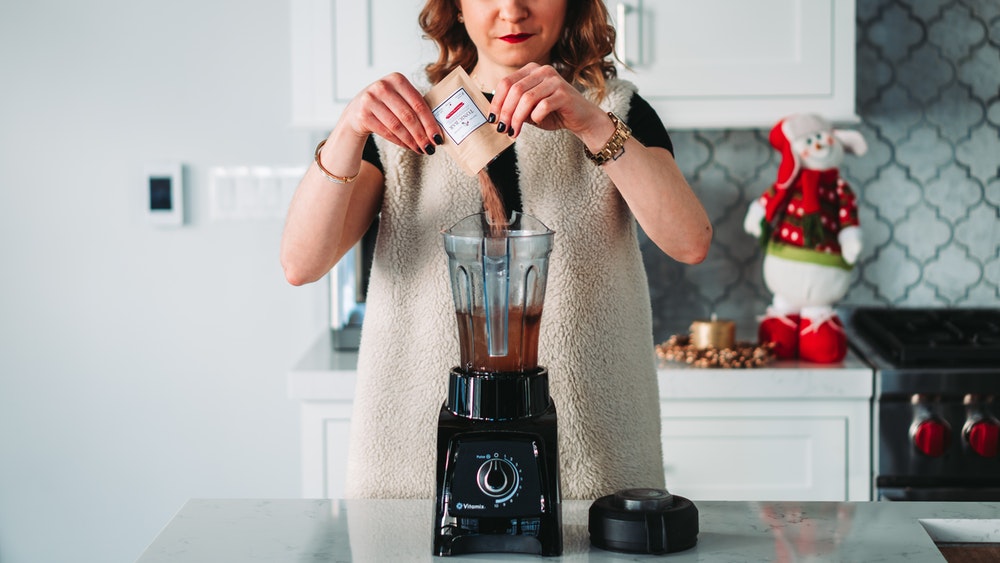 If you are considering bariatric surgery, or if you are a post-op patient trying to figure it all out, you probably have questions about food.
If you are considering bariatric surgery, or if you are a post-op patient trying to figure it all out, you probably have questions about food.
- How much should you eat?
- What foods are “good?” What foods should you avoid or limit?
- How often should you eat?
- What other diet-related factors should you watch for or be mindful of?
Why Bariatric Surgery Guidelines Exist
After bariatric surgery, your surgeon and/or dietitian will give you guidelines around food. These guidelines aren’t meant to punish you, but to keep you healthy and ensure your surgery is a success.
Since the stomach is smaller after bariatric surgery, you will naturally eat less. This means that what you do eat should have a high nutritional value. Portion sizes should be no more than six to eight ounces total. This should make you feel full or at least “satisfied.” No matter what type of surgery you had, you will need to develop an awareness of your body’s signals.
Breaking it All Down
Protein
This is the most important nutrient in the bariatric diet. Foods high in protein should be eaten first in case you get full quickly and can’t finish your meal. The recommended amount ranges from 55-80 grams/day.
The best sources of protein are eggs, poultry, meats, fish, cheese and milk. Plant-based proteins include beans, lentils and soy products. If you want to eat beef, pork, lamb or veal, just know the risks involved. Red meat can be hard to digest after bariatric surgery. A higher fat content also means more calories.
Some patients you know might take protein supplements. While this is important to some, your best source of protein should be food unless you have to modify for a specific situation.
Carbs and Starches
This category includes bread products, rice, pasta, etc. Your body uses carbs for energy, but many patients have a history of struggling with them. However, carbs are also found in fruits and vegetables. Each meal you eat should contain at least one fruit or vegetable, or one serving of each.
If your diet will include this category, opt for brown rice and whole grain/high-protein pastas.
Fluids
Fluids are especially important for bariatric patients. You should have it in-between meals, not with them. Drinking with meals can cause solid food to push through your pouch more quickly, which will empty your pouch faster. This can make you hungrier.
As far as what to drink, your best choices are these:
- Water (add lemon if you need flavor)
- Artificially sweetened, non-carbonated beverages
- Flavored waters
- Decaf coffee or tea
- Herbal teas
- Broth
- Diluted 100% fruit juices
Try to avoid carbonated fluids. They produce gas that can stretch your pouch, meaning you might not be able to feel full until you start eating larger portions (something you don’t want).
Vitamins and Minerals
These are a must for bariatric patients since their food intake is limited. Vitamin and mineral supplements come in especially handy. However, your main source should come from foods like proteins, whole grains, low-fat dairy, fruits and vegetables.
Your dietitian or surgeon should work with you on getting enough vitamins and minerals from food. A good protocol is to get your labs done annually so you can ensure you are meeting your nutritional needs.
Other Diet-related Tips:
- Check your portion sizes using measuring tools or a food scale
- Aim to eat more meals than snacks to avoid grazing on extra calories
- Eat slowly to keep track of your body’s signals
- Chew your food carefully so it passes more easily through your narrowed GI tract
For more information, CLICK HERE to read the full article from OAC’s Weight Matters Magazine.

